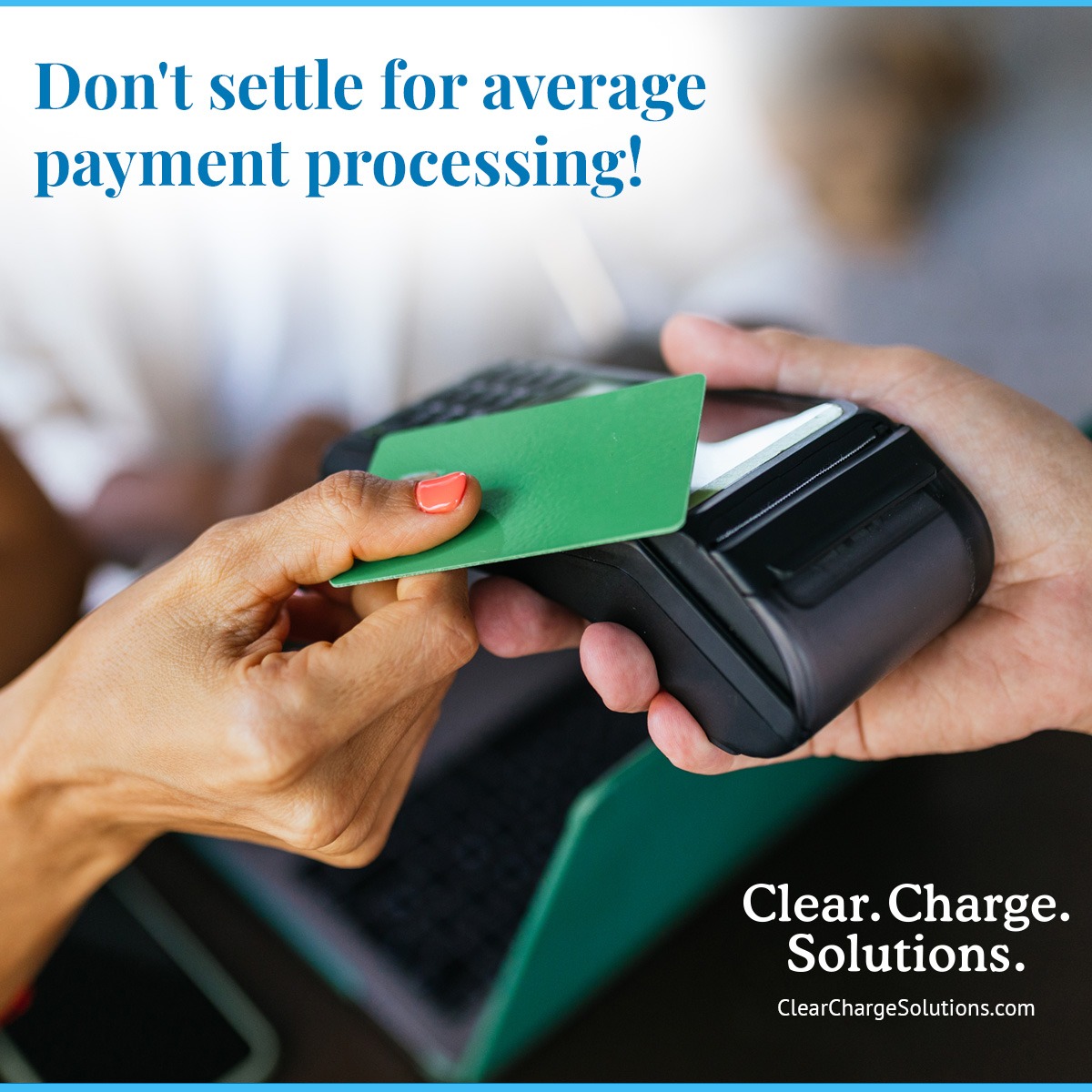Recurring billing is a streamlined payment method where customers authorize automatic charges for goods or services on a regular schedule. This convenient system eliminates the need for manual payments, ensuring uninterrupted access to products or subscriptions. Read more about recurring billing benefits.
What Is Recurring Billing?
Recurring billing happens when a merchant automatically charges a customer for goods or services on a prearranged schedule. Recurring billing requires the merchant to get the customer’s information and permission. The vendor will then automatically make recurring charges to the customer’s account with no further permissions needed.
Any good or service that a customer subscribes to with regularly scheduled payments might be a good candidate for recurring billing. Examples include cable bills, cell phone bills, gym membership fees, utility bills, and magazine subscriptions. Recurring billing may also be referred to as automatic bill payment.
Key Takeaways
- Recurring billing occurs when a business automatically deducts a customer’s payment on a regularly scheduled basis.
- Any good or service that a customer subscribes to with regularly scheduled payments might be a good candidate for recurring billing.
- Business providers may require recurring billing and some providers may give discounts when recurring billing is used.
- Recurring billing is advantageous for business providers because it reduces account receivable risks.
- For customers, recurring billing can save them time, too; they only need to sign up and provide their payment information one time.
Understanding Recurring Billing
Recurring billing offers the benefit of convenience. Instead of having to provide billing information for a routine charge repeatedly, the customer can authorize the merchant to keep payment details on file. Then, the merchant can charge the designated account each month that service is in effect or each time that the agreed-upon goods or services are delivered. It is typically up to the business provider to decide on the options for payment. Some providers require that checking or saving accounts be used while others allow for checking, savings, and credit card accounts.
Example of Recurring Billing
Consider the example of a customer and a pet store. The customer sets up an order with an online pet store to have three bags of dog food delivered every three months. Authorizing recurring billing would let this purchase happen automatically on a regular three-month schedule with a charge to a designated credit card. Other examples where recurring billing is often used include electric bills, phone bills, and Internet services. Many companies offer a small monthly discount to customers when they sign up for recurring billing. This helps to lower some of the risks of any missed payments.
Types of Recurring Billing
Fixed Recurring Billing
In fixed (or regular) recurring billing, the same amount is collected from the customer in every payment cycle. Companies that provide services for a fixed price typically use fixed recurring billing. For example, a gym membership is an example of fixed recurring billing. If you subscribe to The New York Times or any other newspaper, you are billed using fixed recurring billing.
Variable Recurring Billing
In variable (or irregular) recurring billing, the amount collected from the customer might change in every payment cycle. Depending on the customer’s usage of the product, a new, dynamic bill is created for each cycle.
Usage-based billing is a type of variable recurring billing where a customer is recurrently charged based on their usage of the service. Utility bills are a common example of usage-based billing.
Quantity-based billing is another type of variable recurring billing. With this model, customers are billed based on a quantity that was agreed upon when they purchased. Volume-based cloud storage services are one example of quantity-based billing.
Advantages and Disadvantages of Recurring Billing

Disadvantages
One drawback of recurring billing for consumers is that it can be troublesome to correct a billing error. Instead of receiving a bill, noticing a mistake, then refusing to pay the bill until the mistake is corrected, the consumer may be automatically billed for the incorrect amount, requiring additional time to obtain a refund. Thus, it is safest to agree to recurring billing for payments that are always about the same amount and occur on a predictable schedule because you’re more likely to quickly notice any billing errors.
Recurring billing can also lead to overlooked expenses for customers who forget about the charges. Some people will pay their credit card bills without reviewing each listed charge. They could be paying for a service they no longer require or didn’t even know they were getting. Recurring and automatic billing is also pointed to as the source of scamming seniors.
Moreover, in some cases, recurring billing can lead to halted services if an account is declined. When recurring billing is used it can be important to tie it to a major checking account or savings account that carries a high balance. Any interruption in service due to a declined charge can be problematic for a customer.
Advantages
Many services only allow customers to sign up if they agree to recurring billing. For example, virus software and credit monitoring service agreements often require the customer to agree to be charged for the service periodically. They require the customer to cancel the service, or it will continue, indefinitely. In this way, recurring billing can help merchants with customer retention.
Recurring billing has several other benefits for merchants. It ensures prompt payment from customers, helps with cash flow, lowers billing and collection costs, and automates a portion of accounts receivable. It can also improve customer satisfaction by making it more convenient for the customer to do business with a company.
However, recurring billing doesn’t eliminate all administrative tasks. For example, merchants will need to contact consumers about updating their payment information if a credit card expires or a credit card issuer declines an attempted recurring charge. Merchants that offer recurring billing usually make it easy for consumers to manage their billing information and preferences online.
Many merchants use sophisticated systems to help them manage all aspects of recurring billing. A well-designed system allows a merchant to automate invoicing and payment details for recordkeeping purposes. Most billing systems also allow a customer to easily check their account details, change their payment information, opt-out of service before a free trial converts to a paid subscription, or cancel an unwanted subscription.
For customers, recurring billing can save them time, too. They only need to sign up and provide their payment information one time. This can be a relief for customers because they don’t. have to make sure the bill is paid every cycle.
Cons of Recurring Billing
- Hard to correct billing errors
- Easy for consumers to overlook expenses
- Source of scamming for seniors
- Can lead to halted services
Pros of Recurring Billing
- Helps with customer retention
- Ensures prompt payment
- Helps with cash flow
- Lowers billing and collection costs
- Saves customers time
How Do You Set Up a Recurring Payment on PayPal?
With PayPal Recurring Payments, merchants can regularly bill their customers for goods or services. To set up PayPal Recurring Payments, you must have a PayPal Business account. Once you have a PayPal Business account, PayPal provides detailed instructions on its website for how to set up subscription plans and accept PayPal, credit, and debit card payments on your website.
How Do You Cancel a Recurring Payment on PayPal?
If you are a customer and you want to cancel a recurring payment, subscription, or automatic billing agreement you have with a merchant, the first step is to log in to your PayPal account. Click on “Settings” near the top of the page. Then, click on “Payments.” Next, click on “Manage pre-approved payments.” Finally, click “Cancel” or “Cancel automatic billing” and follow the instructions. More information can be found on PayPal’s website in their help center, under the question, “How do I cancel a recurring payment, subscription, or automatic billing agreement I have with a merchant?”
How Do You Cancel a Recurring Payment on a Credit Card?
The best way to stop recurring payments on a credit card is to contact the service provider directly. Depending on the service, you should be able to make contact online, by phone, in person, or by mail. If you want to avoid an additional payment going through, it is advisable to contact the service at least three days before the next scheduled payment date.
How Do You Cancel a Recurring Payment on a Debit Card?
If you want to stop automatic debits from your account, you have a couple of different options. You can contact the company directly, either via writing or over the phone, and tell them you are taking away your permission for the company to take automatic payments out of your bank account. Once you have done this, you should call or write to your bank or credit union and tell them that you have revoked authorization for the company to take automatic payments from your account.
Even if you have revoked your authorization with the company, you can take the additional step of contacting your financial institution and giving them a “stop payment order.” A stop payment order instructs your bank to stop allowing the company to take payments from your account.
The Bottom Line
Recurring billing is a process in which a merchant charges a customer regularly for goods or services, based on a previously agreed-upon payment schedule. The merchant must get the permission of the customer first before setting up the charges. However, once the permission has been given and the agreement is in place, the merchant does not need to continue to seek the customer’s permission to process subsequent payments. Cable bills, cell phone bills, and streaming service bills are examples of common recurring bills.

Simplify your billing process and boost customer satisfaction. Our online payment processing services offer flexibility, security, and increased revenue. Contact us now and get a first taste! (877) 847-4478. Check our IG for more information.
Reference:[https://www.investopedia.com/terms/r/recurring-billing.asp]


